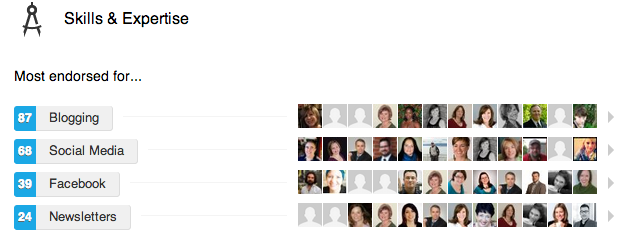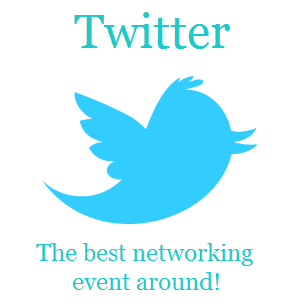You spend a lot of time online, but do people know where to find you? Connecting the dots between where people can find information about you and where they can connect with you is a key component to successful online marketing.
For example, if you're spending time networking in Facebook Groups - sharing insight, giving advice, asking questions, and building relationships - if people want to take your relationship a step further from those groups, how easily can they do that?
If someone clicks on your name what will they see in the About section of your Facebook profile? It's important to make sure that you link to somewhere people can find you in your personal About section on your profile.
How to link your Facebook Profile to your Facebook Business Page
From your Facebook profile's About section go to 'Work and Education' and make sure you're linking to a Facebook Page where people can find out more information about you and change your title to describe what you do i.e., my about section reads Digital Marketing Strategist at Lara Wellman Digital Marketing. Most people have "owner" or "self-employed," which doesn't explain a lot to a new connection.
You also want to make sure you're connecting to your actual page - make sure it comes up in the dropdown menu and not that you're just typing in the name of your page because that won't work.)
Once someone arrives at your business' Facebook page, do you have a call to action? Make sure you have a cover image that invites people to do something and that you have a link to that action in the description of that image. You should also activate the Facebook call to action (CTA) button so that if someone clicks on it they are directed to another online location where they can learn more about you. For example, my CTA button directs visitors to my Facebook Community, The Biz Studio.
Because I do the majority of my online networking in Facebook Groups, people can click on my name, see that I am a Digital Marketing Strategist, click on my business' name to be directed to my page and see that I have a free online community I'd love for them to join and find the link in the description or click the Sign Up button.
Step by step, people looking to connect with me have a path to take and it's the path *I* want them to take.
You need to make your path clear and easy for people too.
The value of Facebook Groups
People can easily find me networking in Facebook Groups. I love meeting new people through these online communities, as well as engaging and learning from them. I recently chatted with Facebook Group Strategist, Jordana Jaffe, about how networking in Facebook Groups can grow your business. You can find out more about my interview with Jordana Jaffe by clicking here.
Last year 90-95% of Jordana’s clients came from Facebook Groups and she had a six-figure income with 60% profit! Jordana is proof that if you are excited about something and commit to it, success can come from it.
The key to Facebook Groups is to be consistently active and to not spam people with business promotions, but rather offer them friendly advice, resources and partake in casual conversations as they come up. You never know where a conversation will take you!
So, what does your path look like? How can people connect and find you online? Leave a comment and let me know.










